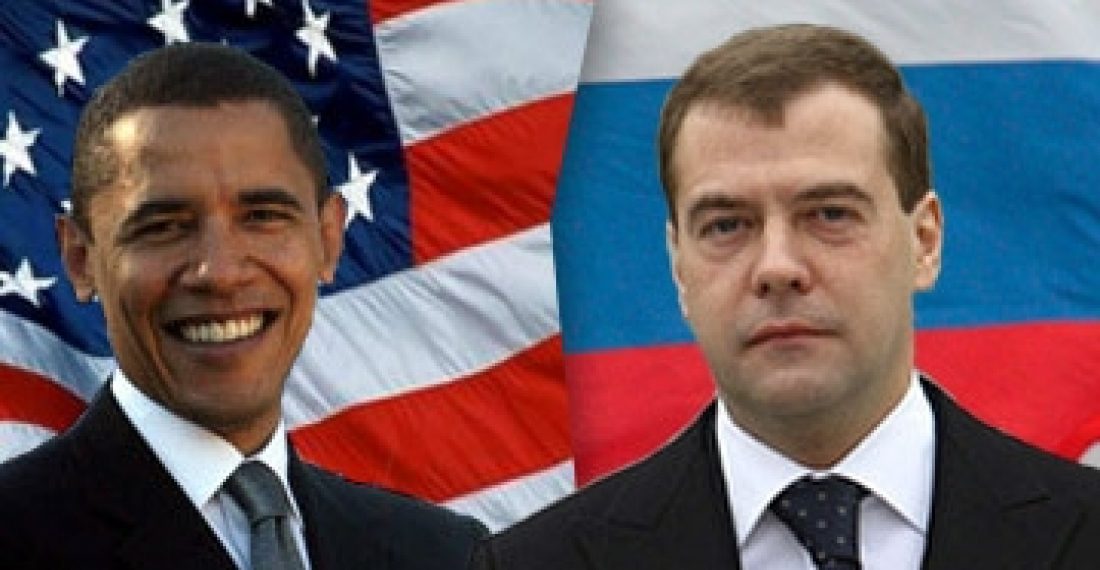Как передает официальный сайт президента России, накануне вечером состоялся телефонный разговор Дмитрия Медведева с президентом Соединённых Штатов Америки Бараком Обамой, в котором стороны обменялись мнениями о ситуации в нагорно-карабахском урегулировании.
В ходе состоявшегося разговора главы государств обсудили вопросы двусторонней координации в целях содействия решению региональных и международных проблем. “Как руководители государств, сопредседательствующих в Минской группе ОБСЕ, Дмитрий Медведев и Барак Обама обменялись мнениями о ситуации в нагорно-карабахском урегулировании. Со стороны американского президента была дана высокая оценка усилий, предпринимаемых российским коллегой в этом направлении, в частности, в ходе недавней встречи с лидерами Азербайджана и Армении в Казани. При этом с обеих сторон было выражено намерение и дальше предпринимать скоординированные шаги в целях содействия поиску Баку и Ереваном мирного решения проблемы”, - отмечает источник.





